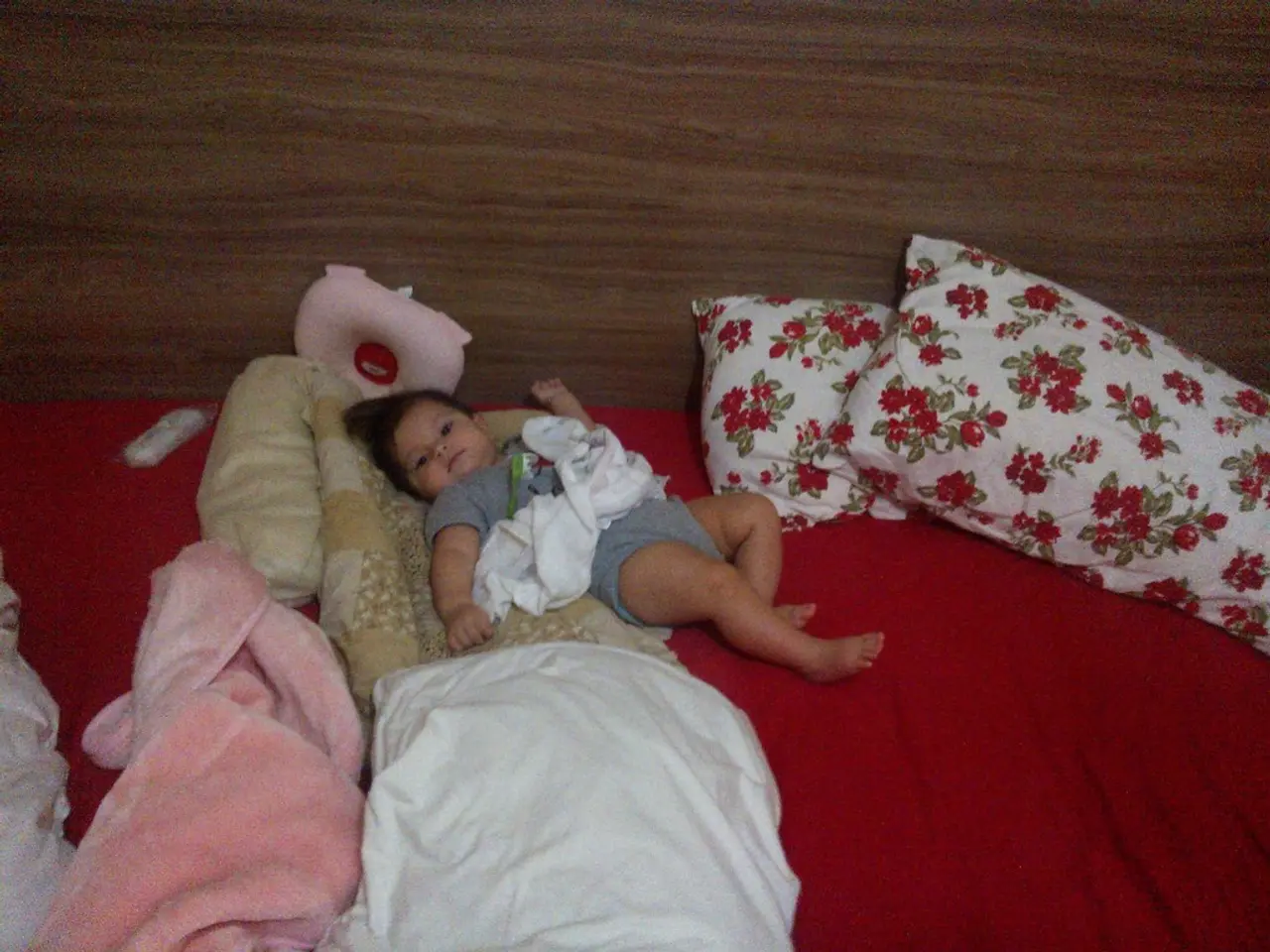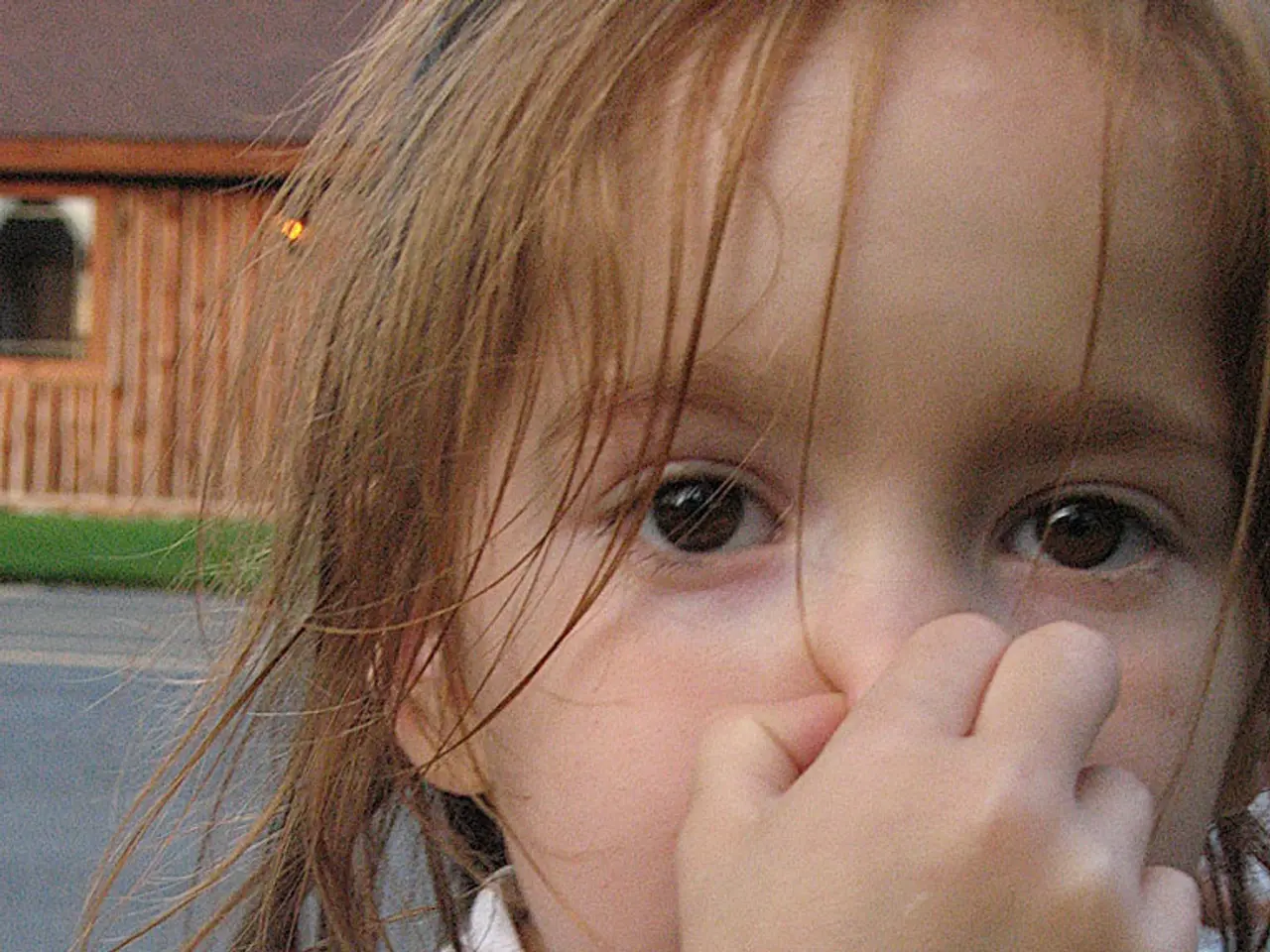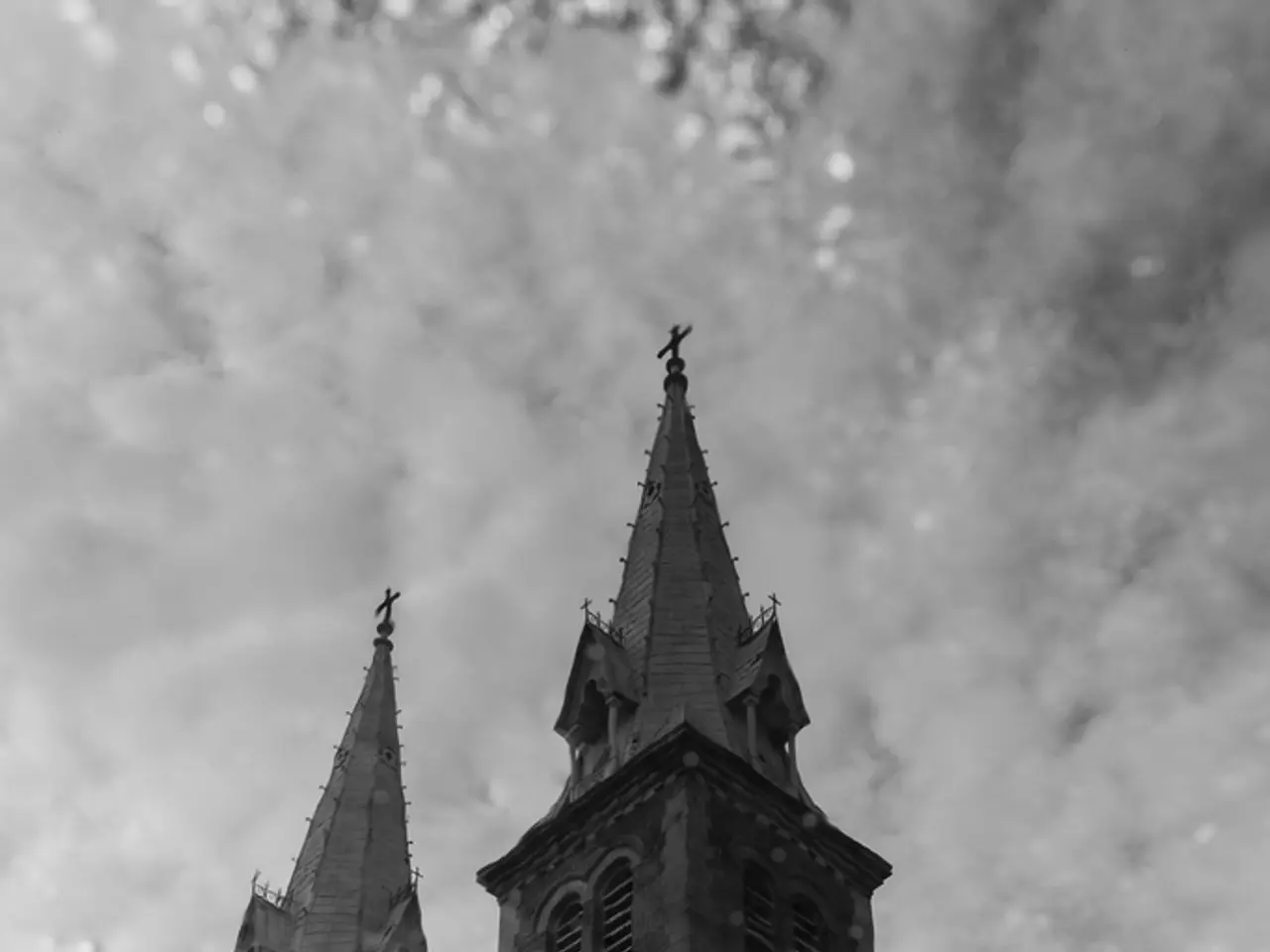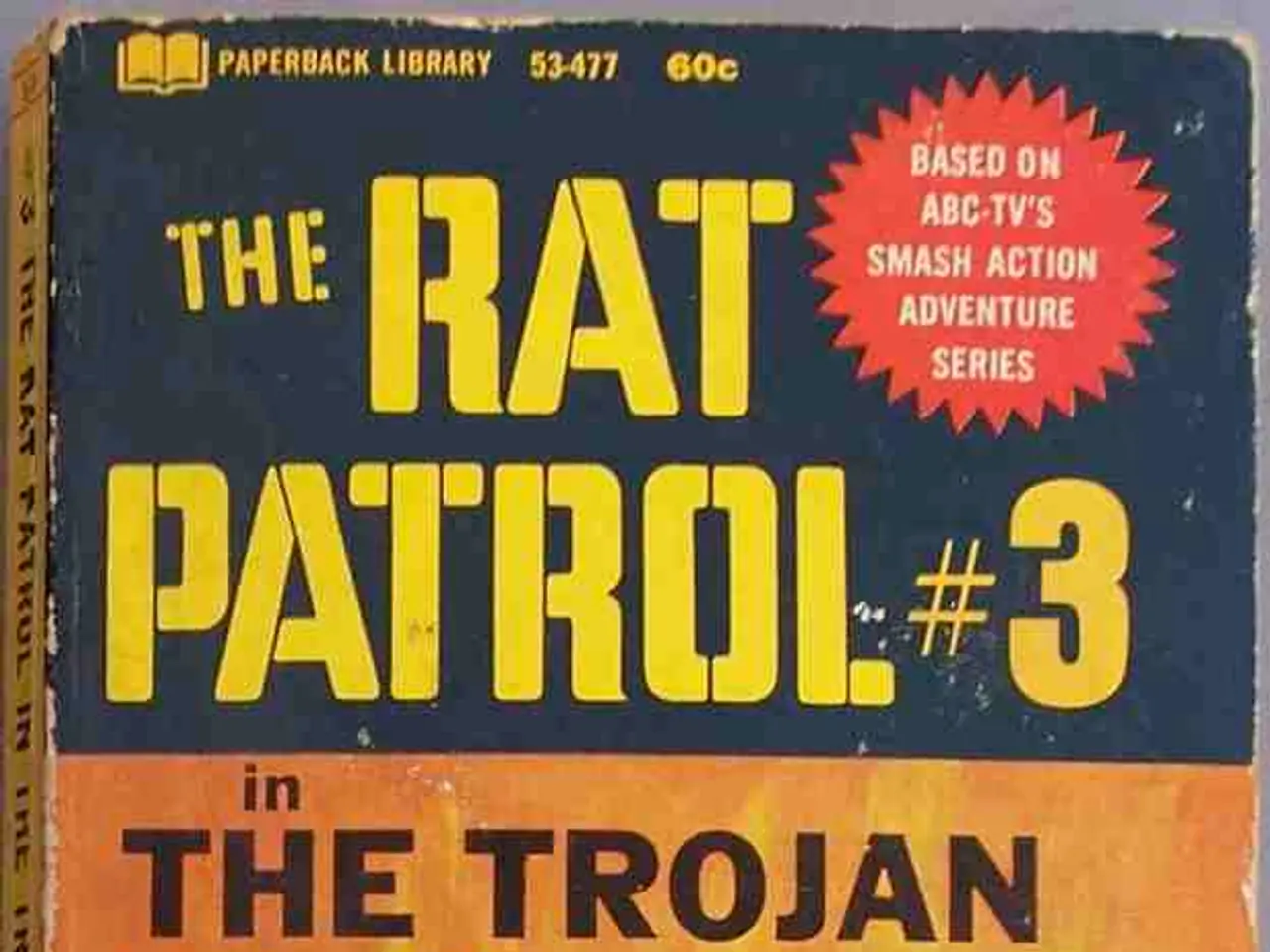Abandoned Irish Infant from Eight Decades Ago: Sister Persists in Seeking Proper Burial
In the small town of Tuam, County Galway, a dark chapter of Irish history is being revisited as a team of Irish and international forensic experts embark on a two-year excavation of a mass grave site believed to contain the remains of 796 children. The discovery of these unmarked graves has sparked national and international condemnation and ongoing efforts to reckon with past abuses.
The Tuam Mother and Baby Home, operated by the Bon Secours Sisters from 1925 to 1961, is at the heart of this controversy. Local historian Catherine Corless uncovered death records for 796 children who died at the home, yet no official records of their burials existed. Corless's research revealed that these children mostly died from diseases common in poor sanitary conditions, though few deaths were directly attributed to malnutrition.
The most shocking aspect was the discovery in 2017 that the remains of nearly 800 children were buried in a former septic tank on the home’s grounds. This revelation raised profound questions about the treatment and dignity afforded to these children and their mothers. The site, now located beneath a housing estate, began a full excavation in mid-2025 after several years of delay amid official and public outcry.
The Tuam Mother and Baby Home is one of many such institutions where pregnant girls and unmarried women were sent to give birth in secret for much of the 20th century. These homes, often run by religious orders, became infamous for widespread abuses, including neglect, mistreatment, forced labor, and coerced adoption.
The investigation into the Tuam home found an "appalling level of infant mortality" and stated that no alarm was raised by the state, despite it being known to local and national authorities. Women who were sent to these institutions were often forcibly separated from their children and sent to Magdalene Laundries, Catholic-run workhouses, or fostered or adopted by married families.
The excavation at the Tuam mass grave site is expected to take two years. If forensic specialists uncover evidence that any of the children died unlawfully, they will inform the coroner, who will then notify police. Survivors, family members, and Corless never stopped campaigning for justice and closure for the Tuam babies and their mothers.
The state inquiry led to a formal government apology in 2021, the announcement of a redress scheme, and an apology from the Sisters of Bon Secours. However, the controversy surrounding these institutions extends beyond Tuam, with survivors and families seeking accountability and redress across Ireland and Northern Ireland.
From 1922 to 1998, the Catholic Church and the Irish State established a network of institutions that targeted and penalized unmarried women, creating a culture of containment that touched all aspects of society. The Tuam excavation is not just about uncovering the past, but also about acknowledging and addressing the impact of these institutions on thousands of lives.
As the excavation continues, it serves as a reminder of the importance of truth recovery and accountability in healing the wounds of the past. The hope is that the findings will bring justice and closure for the families of the Tuam babies and help pave the way for a more honest and compassionate approach to Ireland's troubled past.
- The excavation of the mass grave at the Tuam Mother and Baby Home, now under a housing estate, involves a team of Irish and international forensic experts, working to uncover the remains of 796 children who died over a troubled era in European history.
- The Tuam discovery sparked international condemnation, as it highlights not just a dark chapter in Irish history, but also in the annals of women's health, mental health, and general news, raising profound questions about the treatment and dignity afforded to those vulnerable during that period.
- The Tuam Mother and Baby Home is one of many such institutions where health-and-wellness, fitness-and-exercise, and medical-conditions took a back seat, with widespread abuses and coerced adoption becoming commonplace amid a culture of containment, orchestrated by the Catholic Church and the Irish State.
- The ongoing investigation into the Tuam babies' tragic fate involves not just science, but also cbd, as families search for answers and survivors seeking justice, for crimes potentially committed against their deceased loved ones.
- The controversy surrounding these institutions extends beyond politics, reaching into crime-and-justice, as survivors and families across Ireland and Northern Ireland demand accountability and redress for the injustices suffered during much of the 20th century.
- As the excavation at Tuam serves as a reminder of the importance of truth recovery and accountability, it signifies a crucial step in healing the wounds of the past, offering hope that future generations can learn from these mistakes, fostering a more honest and compassionate Irish society.




